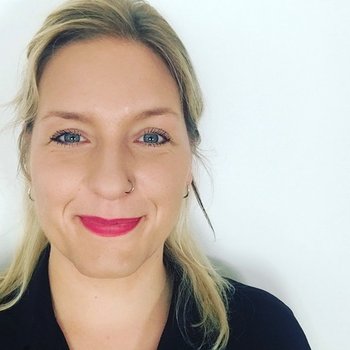Mapping memories that last: Neural patterns that promote durable memory formation
Why are certain memories more enduring than others? I will discuss my team’s endeavor to chart the neural pathways that facilitate lasting memories using behavioral methods, functional magnetic resonance imaging (fMRI), and techniques that enable the tracking of dynamic fluctuations in brain connectivity and neural representations. To start with, I will delve into the distinct neural markers that underpin the longevity of memories when individuals are initially learning new material. Subsequently, I will explore the interplay between the hippocampus, thalamus, and neocortex after learning, and how activities such as exercise or memory training enhance memory retention. Finally, I will provide an outline of our recent work on the association between eye movements and grid-like codes in the entorhinal cortex, as well as the impact of visual sampling on hippocampal memory representations. Collectively, our efforts strive to map out medial temporal lobe function and memory durability from multiple perspectives, seeking to comprehend the underlying mechanisms that are altered in the aging process and neurodegenerative disease.
Biography
Isabella Wagner is an Assistant Professor of Cognitive Neuroscience at the University of Vienna. Her group aims to understand how the human brain flexibly adapts to new experiences, learns new information, and forms longer-lasting memories. To test this, her group uses behavioral paradigms, functional magnetic resonance and metabolic imaging, combined with advanced analysis methods that track dynamic fluctuations in brain connectivity and neural representations. Isabella obtained her PhD from the Donders Institute for Brain, Cognition, and Behaviour at the Radboud University Medical Center (Nijmegen, The Netherlands) in 2017. Following a postdoc at the Donders Institute and at the University of Vienna, she started her tenure-track position in 2021, focusing not only on the brain but also on the gut microbiome and its influence on neural plasticity, learning, and memory.
